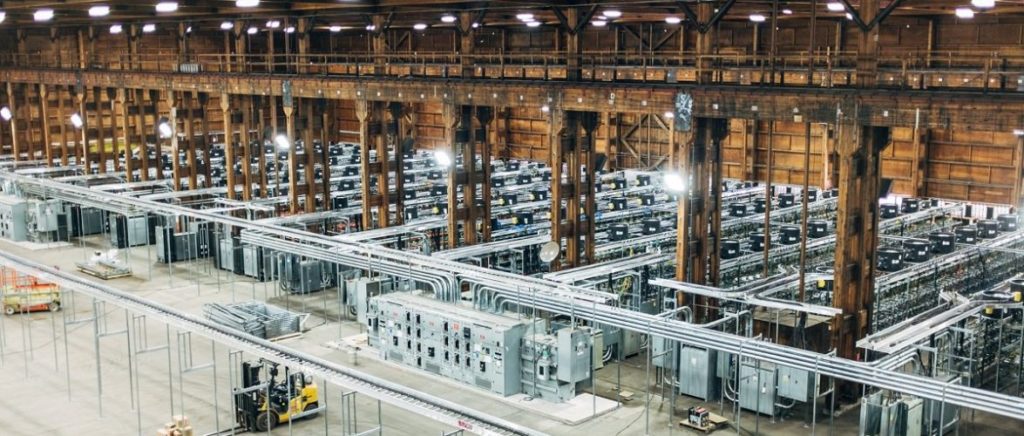ETH miners vote to increase the gas limit of the network from 10 million to 12.5 million per block which is good for the users and bad for node operators as we are reading further in our Ethereum news.
The decision could lower down the transaction fees on the network but it could bring more consequences as well. ETH miners vote to increase the network’s gas limit that can have positive implications for DeFi which recently suffered from bloated gas prices. While DeFi activity and prices of tokens are increasing as well, users were paying fees for more than two months now. Ethereum’s dapps are not the ones to be blamed here because interacting with smart contracts requires a few orders of magnitude which is more gas than sending ETH from one address to another.
The #Ethereum miners are voting to increase the Block Gas Limit from 10,000,000 to 12,500,000. ⛏️
In theory, this means that the Ethereum network now has the capabilities to handle ~44 transactions per second, instead of ~35.
Another huge milestone for the community.🥳🎉
— Bitfly (@etherchain_org) June 19, 2020
Every blockchain network balances the trade-offs between throughput and growing database size and one that can process 15,000 transactions per second will be able to easily cater to a variety of users but will make life difficult for users that run full nodes. This is because the size of the blockchain expands at a much faster rate. The decision to increase Ethereum’s gas limit by 25% has its bad sides as well and Peter Szilagyi leading the Go Ethereum team doesn’t think this is a good idea. He said that the move will worsen the long term health of the network and will increase the chances of more DOS attacks.
Bitcoin maximalists usually comment on the growing size of the Ethereum blockchain as the main criticism. This is an actual fair argument because public blockchains need multiple vigilant full node operators to make sure that the network functions correctly. As miners decide ETH’s gas limit, an increase or decrease will be a subject to a hash-power weighted vote. The users who benefit from higher gas limits are in charge of setting up the limit. The decision could be put into the hands of the community and users can discuss the pros and cons of a movement relative to prevailing circumstances. The entire ETH community, however, can say anything in this position. Miners can change the gas limit and cause further burden to the node operators. A solution that directs the power away from the miners towards the users would only result in more neutral outcomes.
DC Forecasts is a leader in many crypto news categories, striving for the highest journalistic standards and abiding by a strict set of editorial policies. If you are interested to offer your expertise or contribute to our news website, feel free to contact us at editor@dcforecasts.com
























Discussion about this post